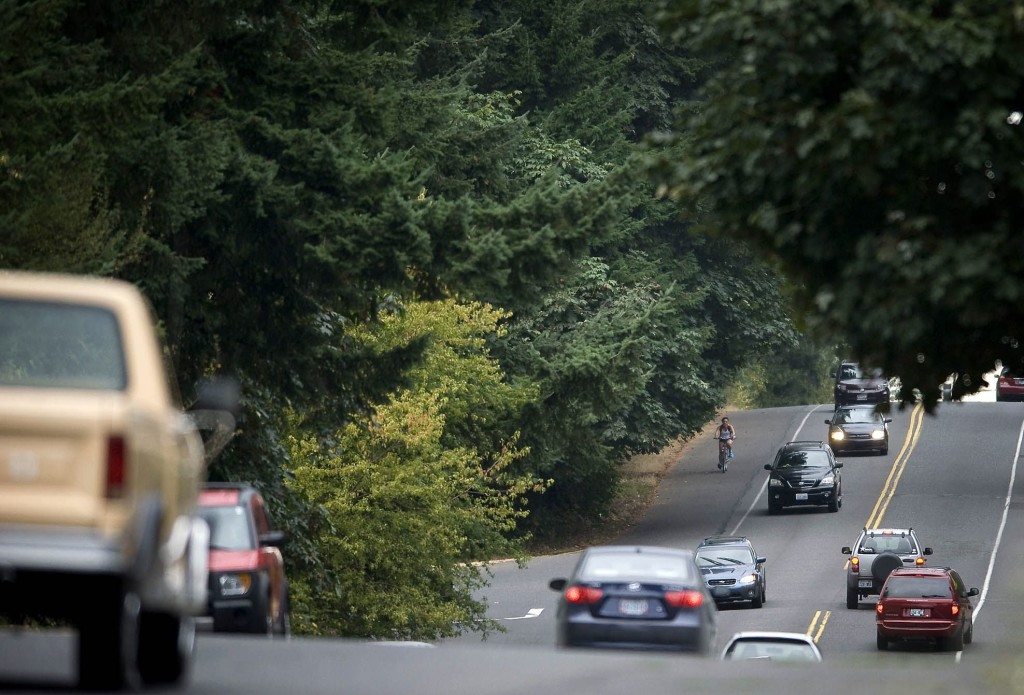Eight local projects designed to improve traffic safety have been awarded funding as a part of Vancouver’s Neighborhood Traffic Calming Program.
Jennifer Campos, community development principal planner, said the projects will slow down vehicles in Vancouver neighborhoods and, subsequently, prevent crashes from occurring and enhance overall livability.
Altogether, the ventures will cost about $320,000.
Traffic-calming measures include improving pedestrian crossings, speed cushions and speed radar signs. They are well distributed throughout the city, Campos said, and two locations have reoccurring traffic programs, whereas the rest are new.
Specifically, work will be done at Southeast McGillivray Boulevard, East 18th Street, Northeast 155th Avenue and Northeast Countryside Drive, Northeast 58th Street, Northeast 49th Street, East Evergreen Boulevard, Southeast First Street and Northeast Fourth Street, and Saint Helens Avenue.
Most construction projects are scheduled for summer 2022. Other projects are expected to unfold alongside other pavement and infrastructure plans in future years.
The program is funded through a combination of real estate excise tax, Transportation Benefit District fees and other sources of revenue.
Ross Montgomery, Neighborhood Traffic Safety Alliance chair, said the program encourages community members to be proactive in solving issues they see. Residents volunteer their time to work with city staff and make improvements in their neighborhood.
“It’s easy to pick up a phone and make a complaint, but this program solves a problem,” he said.
Peer involvement
To qualify for the program, the intended project area must meet an established speed and volume threshold, and it has to pass a community petition process.
This peer involvement makes the program unique, Montgomery said. In 2019, it earned recognition for its enhancement of livability from Neighborhoods USA, a national nonprofit.
The COVID-19 pandemic was an obstacle for the program because of its economic impacts, which resulted in a traffic-calming hiatus, Campos said. Limited staffing also delayed the program. However, the city saw an increase of applications once it was rebooted earlier this year.
“We saw a significant increase of complaints and concerns of people speeding in their area,” she said. “It definitely was a change than in the past. More people were interested.”




